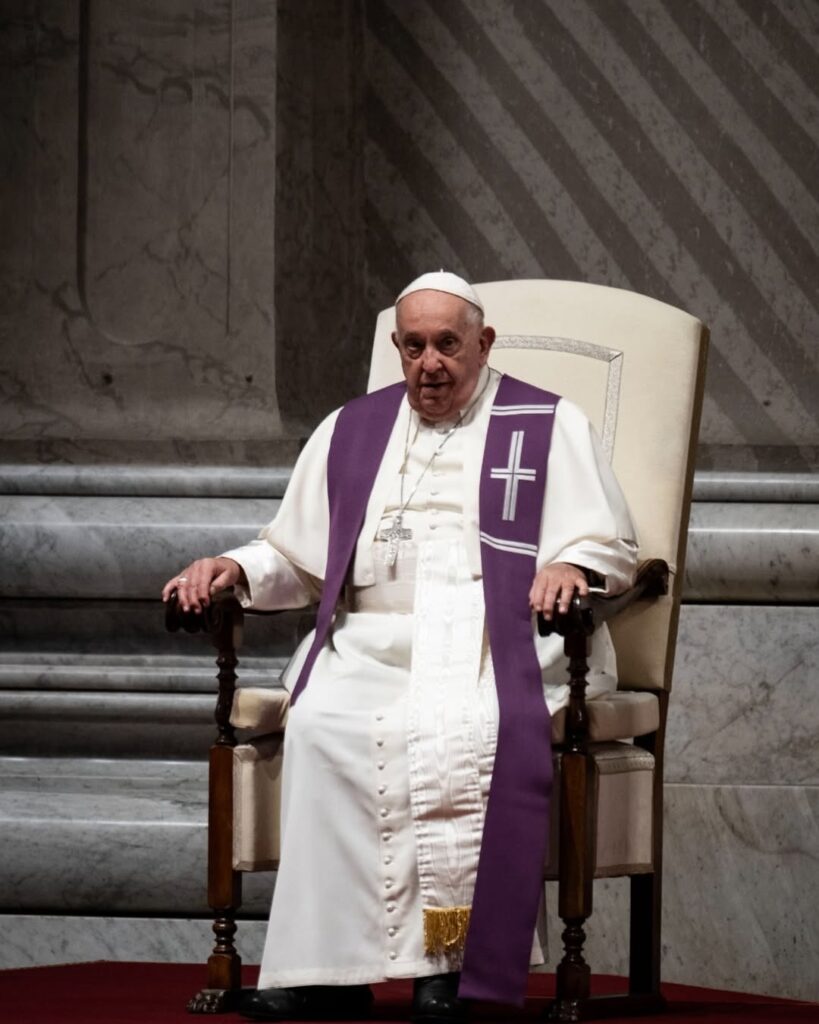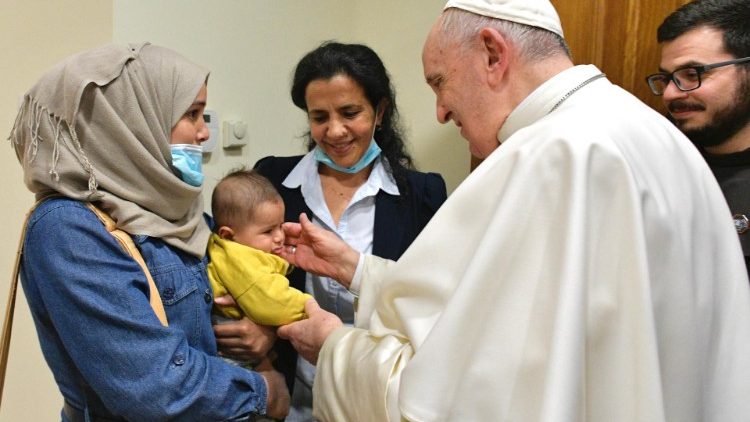Overcoming polarization
From the dialectic of confrontation to the culture of encounter and solidarity in the face of adversity

“Polarization” has been the keyword of the year 2023, repeated so many times to indicate a social state of confrontation. The DANA or cold snap has been a disaster that has led to confrontations between the Government of the Nation, and the affected Autonomous Communities, especially that of Valencia. But the matter comes from afar and has spread in national politics: it suits us that there is tension, said that politician of unfortunate memory.
The dialectic of confrontation
It is not a frivolity or involuntary carelessness, but it reveals a purpose of confrontation between left and right, between the central government and the autonomous ones, and between friends and enemies. This is something that is at the core of the dialectic that some have considered as the driving force of social life, establishing the class struggle: thesis as a situation of injustice sustained by the powerful (capitalism), antithesis or confrontation to radically change the situation by including the force of the “inevitable” revolution (the dictatorship of the proletariat), and synthesis as a classless society in the “perfect socialist state”. This is the Marxist utopia designed by Marx and Engels, presented as “scientific evidence” when in reality it is an instrument to seize power.
As so often, there is a positive starting point which is to denounce injustices, but which is perverted by artificially accelerating social change, destroying freedom, starting by suppressing freedoms, prohibiting and more prohibiting, denouncing and giving up building. This is the radical perversion caused by resentment and hatred, which leads to violence and the death of the enemy, physical or social.
Dividing society into classes dehumanizes people, some poisoned by hatred and others stigmatized as oppressors, and thus a neighbor or a friend is seen as an enemy and a member of the opposing class, who is easier to eliminate. This was done in the Marxist revolution in Russia, it was experienced in the Spanish Civil War, and it has been exported to the American continent. The result has been millions of deaths, the Russian famine, Cuban poverty, and the current Bolivarian dictatorships.
Another word used frequently now is woke, born in some North American universities, which seeks to rewrite history, and the cultural and scientific heritage of the West, accused of colonialism, racism and sexism. The demolition of statues in the new continent and in the old is a sign of this Manichean rejection that only wants to see the bad in Christian civilization. Because this is where the bottom lies, although many do not notice it, since they see the positive side of ending some discrimination and injustice. It is a version of that confrontation of Marxist dialectics that is now reborn in a different guise
Culture of encounter
Unlike the ideologies of confrontation, Western culture has lived from encounter, learning from mistakes, because it has a high concept of the human person, of his ontological dignity, of responsible freedom, and of the mission in the world. All of this has been driven by Christianity, which has evangelized the European continent and extended human values to other continents. It has spread respect for the person, created schools and universities, vitalized art, developed commerce, and taught the Gospel of charity. The dark episodes have occurred despite the Gospel and faith, and have been overcome by law, justice – also punitive against abuses – and charity, which sees in the neighbor a creature of God who must be respected.
In contrast to the dialectic of confrontation and hatred, the Christian faith opposes the dynamic of encounter and dialogue, of listening and the search for unity, out of deep conviction and not as a tactic or simulation. Thus, the conviction about human freedom calls for responsibility in actions, the appreciation of multiplicity, and the judgment of God.
Returning to the DANA, we have seen the very generous solidarity, the overcoming of the initial confrontations, the calm that rebuilds, and the lessons learned perhaps to prevent these disasters as far as possible. The image that remains is that of the Kings of Spain listening to the laments and complaints of the people in the midst of mud and nerves, and the generous mobilization of so many young volunteers who give human warmth and show hope for the future. And amidst negative news and social and political confrontations, the positive news of the CEU University awarding an honorary doctorate to Queen Mother Sofia stands out, for her true academic record and for embodying the mission of the Monarchy as the main factor in the unity of the Spanish people.
Related
 (EN)
(EN)
 (ES)
(ES)
 (IT)
(IT)





